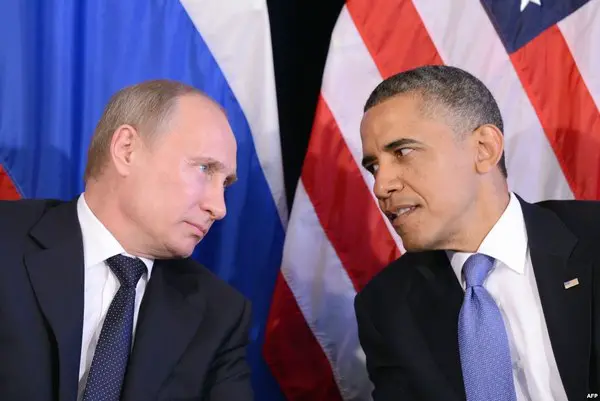After five years in the international spotlight due to the debt crisis, Greece found itself in a protagonist role in another drama of cross-border dimensions this summer.
The growing refugee emergency with the record high number of desperate people crossing the Mediterranean to live in Europe, is a severe test for the debt-laden country.
Officials here speaking to Xinhua said the criticism from non- governmental organizations (NGOs) and ordinary citizens that the Greek state was caught unprepared in the first few weeks, was not groundless.
Accordingly, images of thousands of migrants sleeping in parks and beaches, queuing for hours in the sun for a loaf of bread, a bottle of water, and the necessary documents to leave for central and northern Europe, cannot be disputed.
However, after the initial shock, and as dinghies overloaded with people continue to sail towards Greece's shores from troubled countries, Athens has put in force an action plan. This includes speeding up efforts to strengthen cooperation within the EU to collectively and effectively cope with the major challenge.
"We need a Greek and European action plan with no more delays," Greek Alternate Minister Christos Zois told Xinhua in a recent interview in Athens.
On Monday, when the topic was put on the table of discussion in Brussels at an extraordinary meeting, the Greek official repeated the call for urgent action and agreement to a comprehensive common strategy.
On Sunday, while Zois was visiting the Aegean Sea island of Farmakonissi, a new tragedy unfolded.
At least 34 refugees and migrants drowned - among them four infants and 11 children - when a wooden boat which was carrying an unknown number of people from Turkey to Greece, overturned and sank amidst strong winds. A total of 99 passengers were rescued.
On Monday, Zois visited survivors on the nearby island of Leros who were grieving the loss of dear ones. Meanwhile, back in the Greek capital, the President of the Hellenic Republic Prokopis Pavlopoulos was urging major powers, such as the United States and Russia, to use their influence to help stop the war in Syria and other conflict zones.
Eighty percent of the incoming 230,000 refugees and migrants who have come to the country this year are Syrians fleeing the war, according to official data.
"It is not right for the world community, especially the major powers, primarily the United States and Russia, not to use all their means to impose the international law so that peace is restored in the area," Pavlopoulos said to a Greek humanitarian aid organization.
At the nearby prime minister's office, caretaker Premier Vassiliki Thanou was meanwhile receiving a delegation of Doctors without Borders which symbolically handed to her a lifejacket found in the Mediterranean with a message written on: "Mother (you) know that I love you."
Apostolos Veizis, head of the Greek branch of the international NGO, told Greek news agency AMNA that several refugees and migrants write such messages and mobile phone numbers of relatives and friends on their lifejackets in case they lose their lives at sea.
Approximately 3,000 people have perished in the Mediterranean Sea so far this year, according to official estimates. More than 50,000 have been rescued by the Greek Coast Guard so far in 2015.
Also on Monday, the Greek Authority for Managing EU funds for refugee, migrant actions began an operation in Athens, clearing the way for disbursing the first 30 million euros (34 million U.S. dollars) of the total of 470 million euros allocated for Greece to take measures, such as creating more needed infrastructure in reception centers.
On the island of Lesvos, for example, which received the bulk of the influx of migrants reaching Greece this summer, there is reception infrastructure for maximum 900 people. However, arrivals exceeded 10,000 people each week over the past two months.
Activists such as Ahmed Moavia, president of the Greek Forum of Migrants stressed that beyond financial aid, what is urgently needed is collaboration and coordination at the local, national and international level.
This year, until the Greek state and EU partners start acting effectively, NGOs and local civil society are stepping forward to fill the gaps left by governments, providing assistance to people in need, from food, medicines and clothing to psychological support, they explained.
As the refugee crisis is here to stay for quite some time, experts underlined what is needed is the formation of a common and efficient tactic to deal with it based on the EU values of respect for life, dignity and solidarity. Enditem
 简体中文
简体中文

